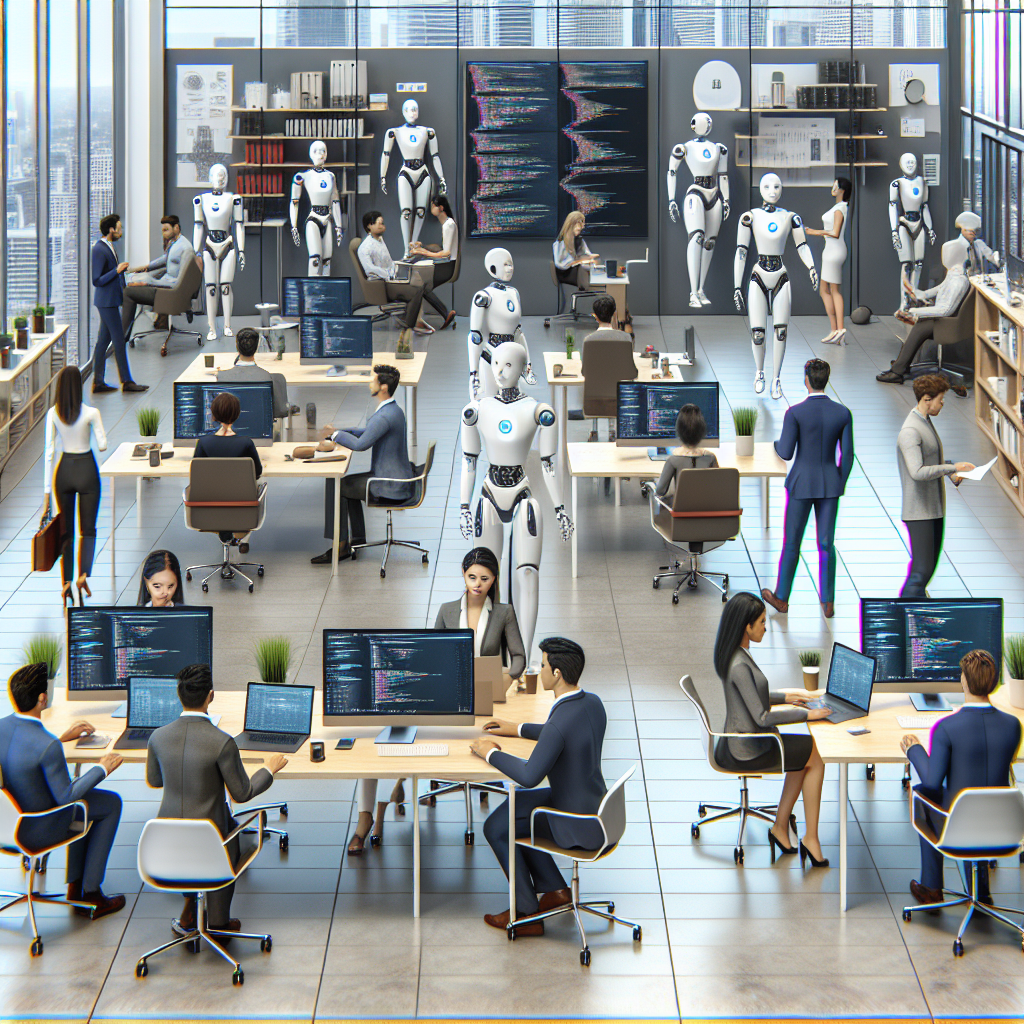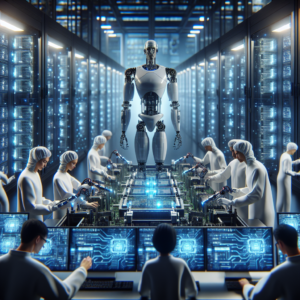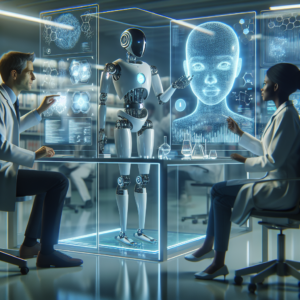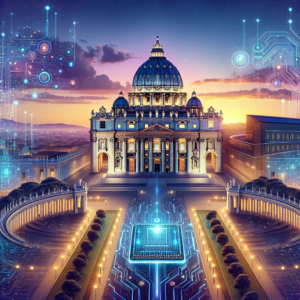Here’s why we need to start thinking of AI as “normal”
Artificial Intelligence (AI) has transitioned from being a futuristic concept to an integral part of our daily lives, impacting various sectors and influencing how we interact with technology. As we delve deeper into the capabilities of AI, it becomes essential to view it not as an extraordinary phenomenon, but rather as a normalized element of our everyday experience. This article explores the rationale behind this perspective shift.
The Ubiquity of AI in Everyday Life
AI is no longer confined to the realms of science fiction or specialized industries; it has permeated our daily activities in numerous ways. Consider the following common applications of AI:
- Smart Assistants: Devices like Amazon Alexa, Google Assistant, and Apple’s Siri make use of AI to perform tasks ranging from setting reminders to controlling smart home devices.
- Personalization: AI algorithms power the recommendation systems of platforms like Netflix and Spotify, tailoring content to individual preferences based on past behavior.
- Healthcare: AI assists in diagnosing diseases, analyzing medical images, and even managing patient records with enhanced efficiency.
- Finance: AI-driven tools help in fraud detection, algorithmic trading, and offering personalized financial advice to users.
By recognizing these applications, we can begin to see AI as a standard component of our lives rather than a novelty.
The Economic Implications of Normalizing AI
The integration of AI into various industries has not only transformed operations but has also had significant economic ramifications. By normalizing AI, we can unlock the following benefits:
- Increased Efficiency: Businesses that adopt AI technologies can streamline operations, reduce costs, and enhance productivity, leading to greater overall efficiency.
- Job Creation: Contrary to popular belief, AI is expected to create new job opportunities in tech, data analysis, and AI management, alongside the traditional roles that it might automate.
- Innovation: The normalization of AI fosters an environment of innovation, encouraging companies to explore new products, services, and business models.
To harness these benefits, organizations must view AI as a normal tool that can drive growth, rather than as a threat to existing jobs.
Cultural Impacts of AI Normalization
As AI becomes more embedded in our culture, it prompts us to consider its broader implications on society. Here are some cultural aspects to ponder:
- Changing Interactions: AI alters how we interact with technology and each other, fostering a new kind of relationship between humans and machines.
- Ethical Considerations: The normalization of AI brings forth ethical questions regarding privacy, accountability, and bias. These discussions are crucial in shaping responsible AI development.
- Education: Normalizing AI necessitates a shift in educational curricula, ensuring that future generations are equipped with the skills to thrive in an AI-driven world.
By engaging with these cultural shifts, we can navigate the complexities of a society increasingly defined by AI.
The Need for Public Awareness and Education
For the normalization of AI to be successful, public awareness and education play pivotal roles. Here are strategies to enhance understanding and acceptance:
- Workshops and Training: Organizations should offer training programs that educate employees about AI technologies and their applications, ensuring a more informed workforce.
- Community Engagement: Public discussions and forums can help demystify AI for everyday citizens, allowing individuals to voice concerns and gain insights.
- Educational Curriculum: Schools and universities must incorporate AI into their curricula, teaching students about its principles, potential, and ethical implications.
By fostering a better understanding of AI, we can alleviate fears and promote a culture of acceptance.
The Future of AI as a Normalized Component
Looking ahead, the normalization of AI is poised to transform how we live and work. The following trends are likely to shape our future:
- Increased Collaboration: As AI systems become more proficient, we can expect greater collaboration between humans and machines, leveraging the strengths of both.
- Regulatory Frameworks: Governments will likely implement regulations to ensure ethical AI use, addressing concerns about biases and privacy while promoting innovation.
- AI in Governance: The normalization of AI may extend to governance, with AI tools helping in decision-making processes and public service delivery.
Acknowledging these trends can help us prepare for the future landscape shaped by AI technologies.
Conclusion: Embracing AI as the New Normal
In conclusion, the necessity of thinking of AI as “normal” cannot be overstated. As we continue to integrate AI into our daily lives, it is imperative to understand its benefits, cultural implications, and the importance of public education. By fostering a mindset that embraces AI as a standard part of our existence, we can pave the way for a future that leverages technology for the betterment of society.
It is time to move beyond the novelty of AI and focus on its potential to enhance our lives, drive economic growth, and reshape our cultural landscape. Let’s embrace AI as the new normal and work together to ensure its responsible and beneficial integration into our society.



